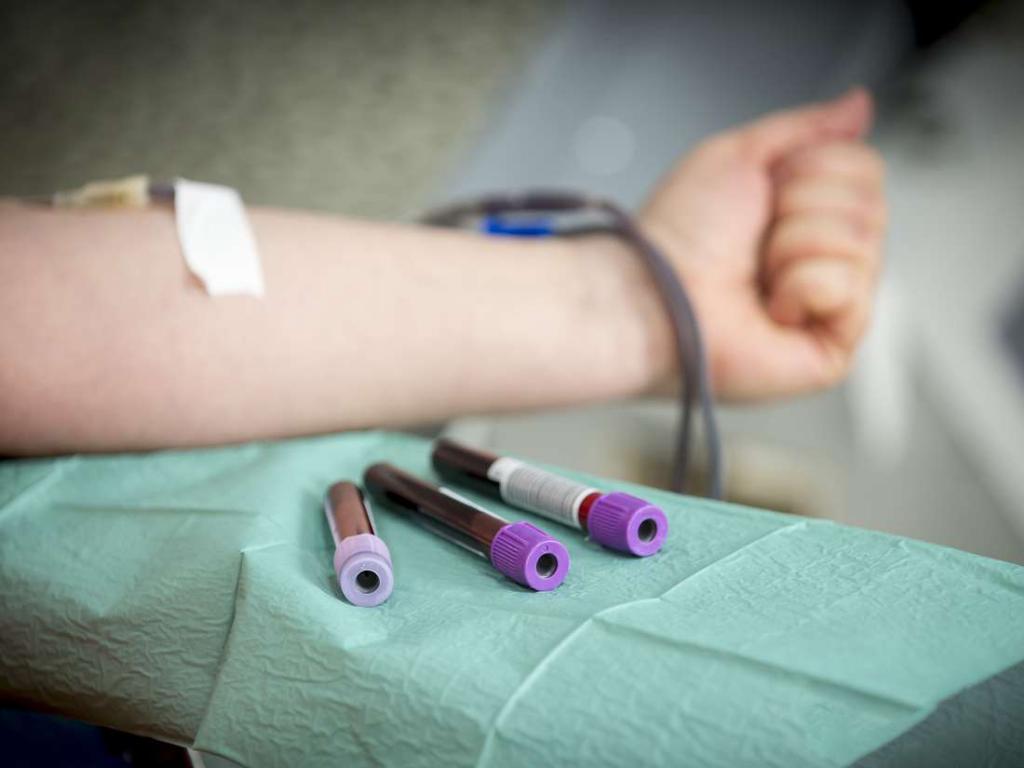People should take alcoholic drinks consciously, therefore, being intoxicated, they should not come to work or drive a car. If they violate the law, then severe penalties are applied to them. Therefore, if the management of the company has doubts about the sobriety of the employee or the traffic police officer suspects that the driver is drunk after stopping the car, a drunkenness test is scheduled. The procedure involves the need to visit a medical institution where tests will be taken. Based on the results, a punishment is imposed for the offender.
Concept of procedure
The need for it may arise for various reasons. Examination of a person for intoxication is a special procedure when the driver or employee of the company is checked for various prohibited substances in the body that are not allowed to be used while driving a car or performing important and dangerous tasks at work.
Such substances include:
- alcohol;
- drugs
- different drugs that affect a person’s ability to drive a car or cope with different specialized labor duties.
In 2016, the Russian Federation introduced a unified procedure for medical examination for intoxication.
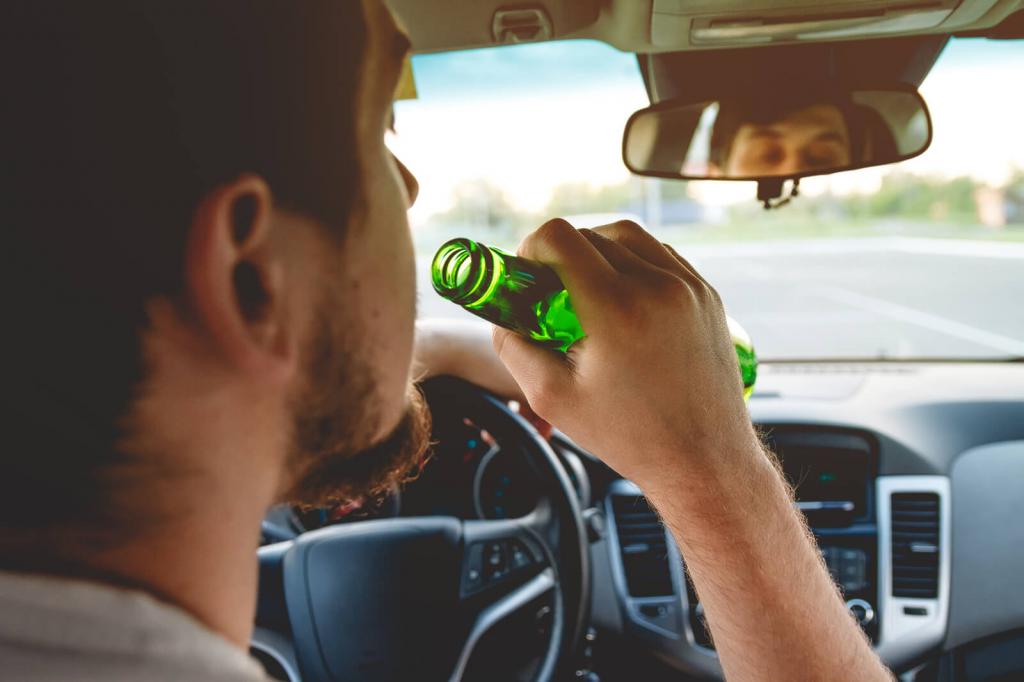
When is a procedure usually required?
Most often, the need arises if the traffic police officer stops the car and he suspects that the driver is not sober. In this case, the traffic inspector offers the citizen to initially use a breathalyzer. An examination for intoxication is required in situations:
- the driver does not believe the test results presented by the traffic police after using the breathalyzer;
- refuses to voluntarily use special means of verification available at work or with a traffic inspector;
- during the test with the breathalyzer, the state of intoxication was not detected, but the traffic police officer has good reason to doubt the reliability of these results, for example, a person behaves inappropriately or cannot go straight;
- the driver becomes a participant in the accident, and there are victims in an accident;
- there are suspicions that a citizen has committed a crime, therefore it is important to have evidence whether it was sober or not.
In the presence of the above grounds, the traffic police may require an inspection. To inspect drivers for intoxication, it is required for the traffic inspector to independently deliver the citizen to a medical institution.
Consequences of failure to pass the audit
Often, drivers or employees of enterprises categorically refuse to be examined. They may have various reasons for this, but they are not valid for the management of the company or traffic inspector.
The consequences of refusing a medical examination for intoxication are unpleasant for a citizen. These include:
- according to Art. 12.26 of the Code of Administrative Offenses, the offender is held administratively liable, therefore a fine of 30 thousand rubles is imposed;
- the citizen is additionally deprived of his rights for a period of 1.5 to 2 years;
- if it is revealed at all that the driver had previously already been stripped of his driver’s license, then the punishment will be more severe, therefore, an arrest will be imposed for a period of 10 to 15 days, which may be replaced in specific situations by a fine of 30 thousand rubles.
Therefore, refusing to undergo this study is an inappropriate decision for citizens. This will be an unforgivable mistake, so if a person is really sure that there are no prohibited substances in his blood, then it is advisable to agree to this procedure.
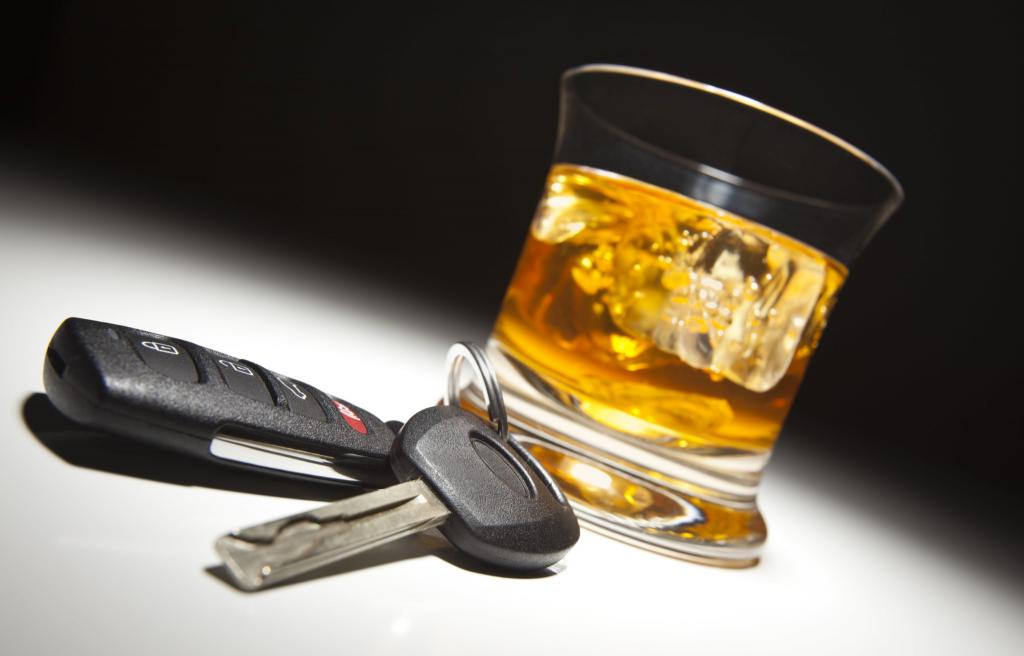
Where is the process conducted?
Traffic police officers themselves cannot offer a medical examination. They can use only a breathalyzer, and citizens have the right to refuse to use this method, therefore they will be forced to visit a medical organization for testing.
Examination for intoxication at work can be done by a full-time physician if available, but if the appropriate equipment is not available, you will have to go to the clinic.
The process is carried out exclusively in organizations that have a license for medical work. For this, specialized equipment must be available. Traffic police officers are allowed to use special mobile points that are organized in cars, so it is not necessary to take violators to the clinic.
The rules for alcohol intoxication contain a list of places where this process can be performed. These include:
- relevant medical institutions represented by drug treatment clinics, and traffic inspectors themselves must bring the driver to this organization, as it is not allowed to allow him to drive again until the results are obtained;
- special mobile points specially designed for the study, but at the same time they must have the necessary equipment for this.
Mobile points are usually found only in large cities, when it is impractical for traffic police to spend too much time on delivering drivers to a drug dispensary. Therefore, vehicles equipped with medical equipment are specially installed next to the traffic police on the basis of special raids. They are aimed at identifying drivers who use a car while drunk. If drivers refuse to use the breathalyzer or do not agree at all with the results produced by this device, then a referral will be issued for an examination of the state of intoxication by the traffic police. With it, a person turns to a medical professional for testing.
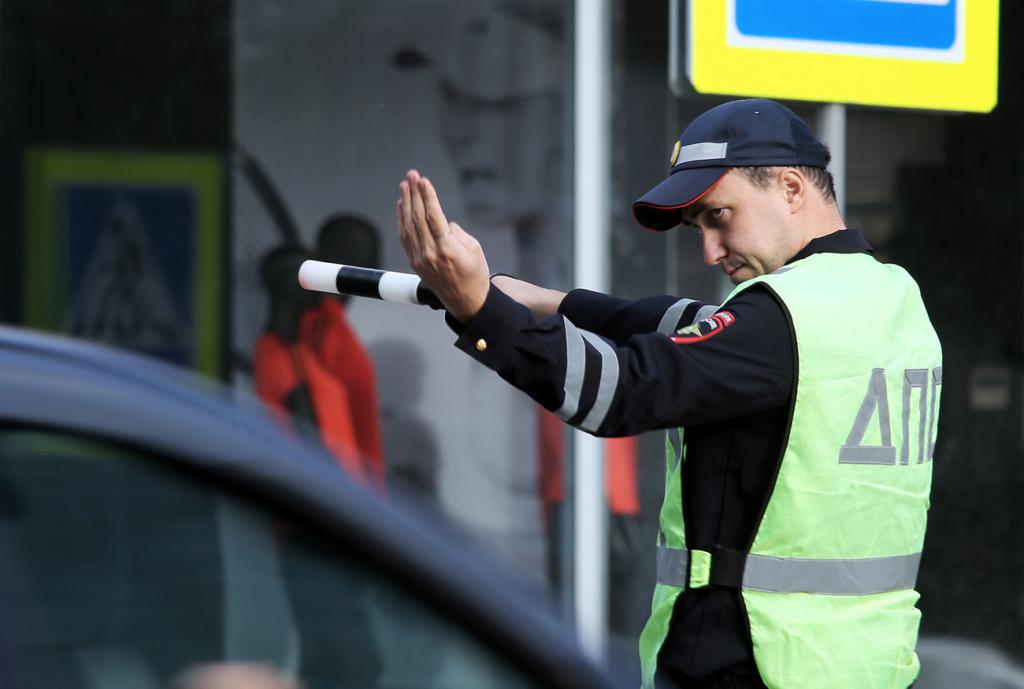
Research stages
After the driver or employee of the enterprise is delivered to the institution, the procedure for taking analyzes begins. The procedure for conducting an examination for intoxication involves the implementation of several sequential actions. Here is the algorithm:
- Initially, an act is formed, intended to enter important information about the citizen himself and the results of the audit. It contains personal data about the person who is being investigated.
- Then a breathalyzer is used, for which the driver or employee of the enterprise must exhale air into a special small device. After that, the result will be immediately displayed. If it is negative, that is, the device shows that the blood alcohol content does not exceed 0.16 milligrams / liter, then no further research is carried out.
- If there is a positive result, but the citizen does not agree with him, then a second check can be carried out. To do this, wait about 20 minutes, after which again a survey is carried out on the state of intoxication with the help of a breathalyzer.If again there is a result that is positive, then it is considered that a state of intoxication is established.
- Simultaneously with the use of a breathalyzer, tests are taken by a citizen. To do this, he must pass both urine and blood. Based on this, a medical examination for intoxication is performed, as a chemical-toxicological study is performed. If the tests show the content of unauthorized substances in the blood, then intoxication is established. Not only alcohol can be detected in the blood, but also drugs or illegal drugs.
- The results of the examination for intoxication are summarized. A special act is formed in which the results of the process are available.
It is impossible to refuse any of the above stages of the study, as this will be regarded as a reluctance to undergo a survey at all. This will lead to numerous negative consequences, represented by a high fine and the deprivation of a driver’s license.
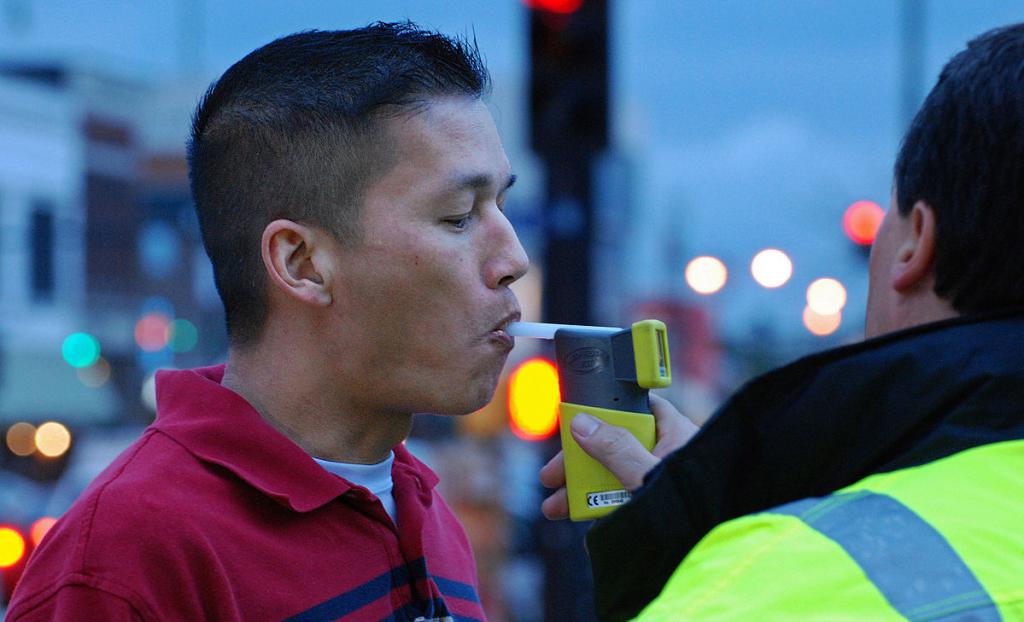
What tests are taken?
When passing this study, medical workers take the blood and urine of a citizen for testing. The procedure for examination for intoxication involves taking various tests:
- Using a breathalyzer. Based on this device, the citizen exhaled air is studied. Only previously competently tested devices should be used for this. After receiving the results, they are transferred to paper. If the device shows a blood alcohol content exceeding 0.16 milligrams / liter, then the state of intoxication is established.
- Analysis of urine. With its help, the presence of narcotic substances in the body is detected. For this, mobile points are separately equipped with a toilet, and a person should also be given the opportunity to go to the toilet in a medical facility. It is important to get at least 30 ml of material for the study. Immediately after receiving the urine, it is sent for research, and doctors can immediately exclude falsification or forgery of the material. For this, urine temperature, density, acidity and other parameters are measured. The collected urine is examined within two hours, and if prohibited substances are not detected, it is established that the citizen is sober.
- Blood test. It is required to be carried out exclusively when the driver cannot collect urine for half an hour for various reasons. For research, it is required to take blood from a vein, and the material is taken in two test tubes. The first is filled with 5 ml, and the second - 10 ml. The puncture site must be preliminarily treated with a solution without alcohol, since if an alcohol solution is used, this can distort the results of the study. The results of the analysis will be ready only after 13 days.
Medical professionals must take into account some requirements and rules when conducting a survey for intoxication. Order of the Ministry of Health of Russia No. 933n contains all the important information about this process.
If drivers try to falsify materials, then this is equivalent to the fact that they officially refuse to conduct the study.
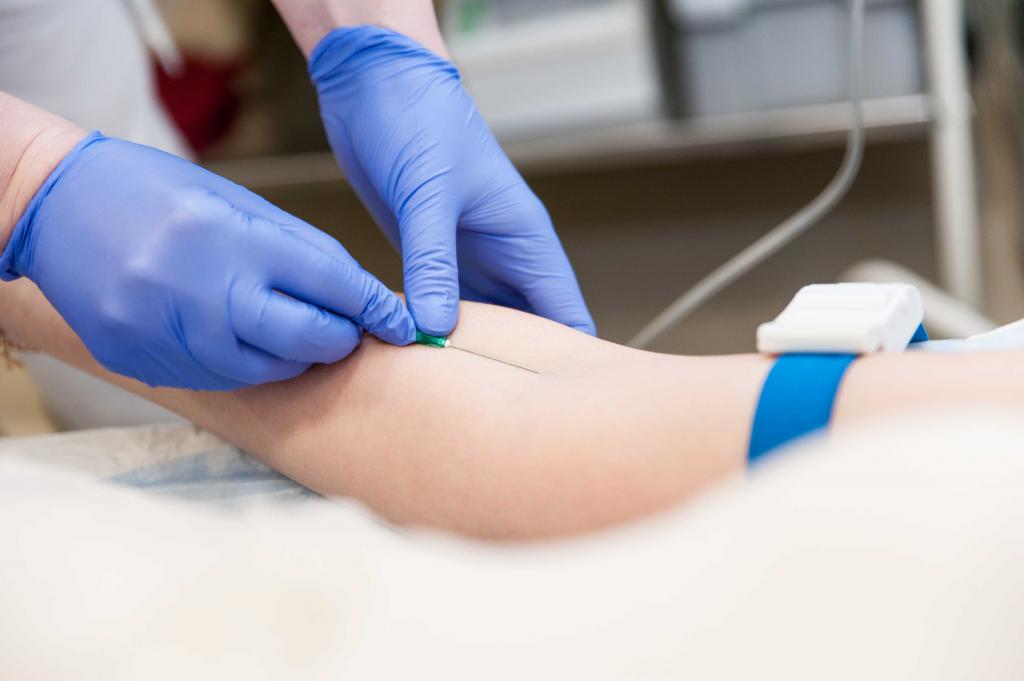
What is the document based on the results of the study?
Results can be obtained quickly by using a breathalyzer or urinalysis. After the study, a special certificate of examination for intoxication is drawn up. It is formed by a medical professional in triplicate. One document is handed to the driver, the other is intended for the traffic police or the company where the person works. The third document remains directly at the medical facility.
All instances must be identical.
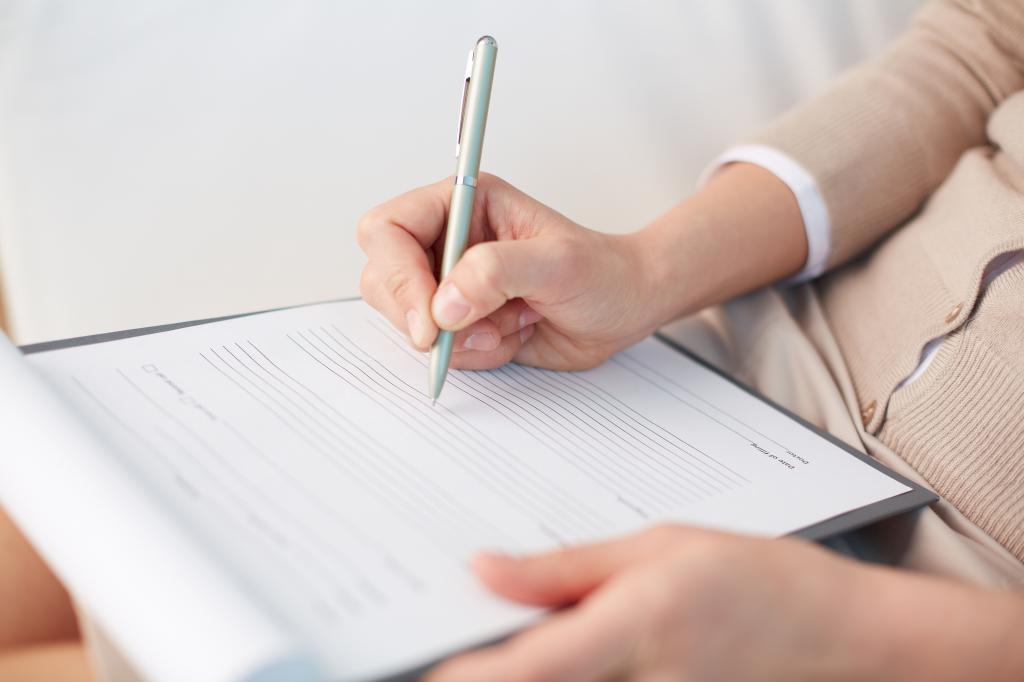
Is it possible to challenge the results?
Often, drivers do not agree with what results the medical workers give after the study. It is possible to challenge the results, but if there are serious reasons for this, which the plaintiff can confirm. These include the following:
- the correct procedure for examining the state of intoxication is violated by medical personnel, for example, solutions for rubbing the skin that contain alcohol are used when taking blood;
- there is evidence that the traffic inspector is in conspiracy with a person who is involved in taking blood or research, and the goal is to draw up a protocol on an administrative offense;
- the presence of errors in the act;
- the copy transmitted directly to the citizen contains other information than the document issued to the traffic police.
Since March 2016, there is an opportunity to really challenge the act. To do this, immediately after receiving the results of the examination for intoxication, contact another medical institution to undergo a re-examination. It is important to make sure that the selected company has a license to conduct such analyzes. After passing the study, it is necessary to take the results, which are stored as evidence of an incorrect decision by the first organization. All this documentation should go to court.
At the trial, it is important to prove that there really were violations on the part of medical workers or a traffic inspector. The results of analyzes made on one day are provided. Sometimes such claims are satisfied, but in most cases, judges take the side of the traffic inspector, since it is practically impossible to prove the fact of his conspiracy with a medical professional, but a citizen himself could fake the second act.
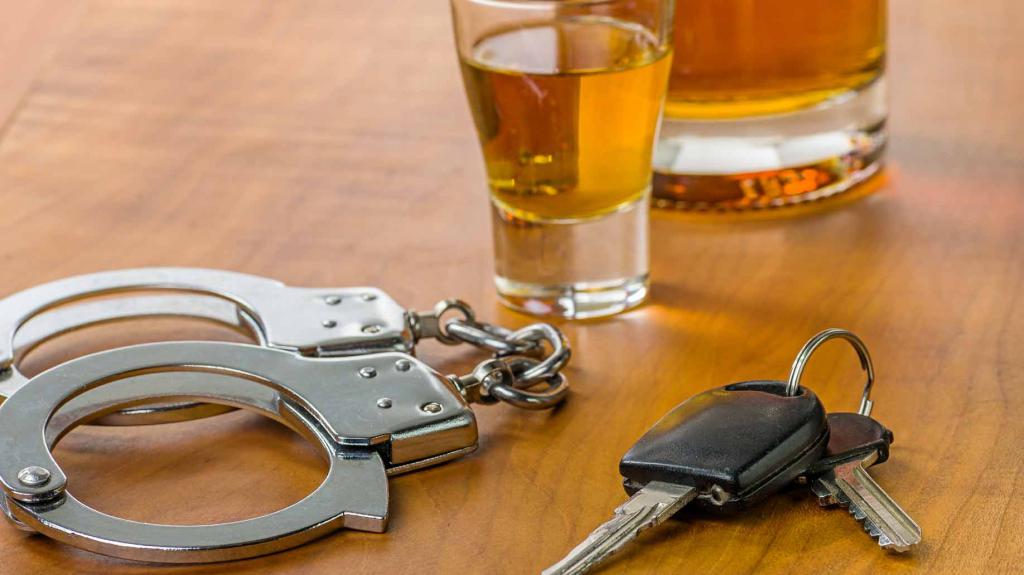
What to do with illegal actions by the traffic inspector?
Often, traffic police officers, without conducting research or using a breathalyzer, deprive a person of their rights and write out a protocol of violation, indicating that the citizen is intoxicated, but does not have any evidence. There are also often situations when a person approaches his car, not wanting to drive, but simply planning to pick up a thing from the passenger compartment, but at the same time it is delayed by the traffic inspector.
In such situations, you can challenge the actions of the traffic police. If the drunk person did not drive the car, then he may simply refuse to hand over his documents to the traffic inspector. This is due to the fact that he is not considered a driver. If, nevertheless, a protocol is issued by the traffic police officer, then you must leave a mark that the person did not drive the car. It is advisable to attract witnesses who saw that the citizen was just sitting in the car.
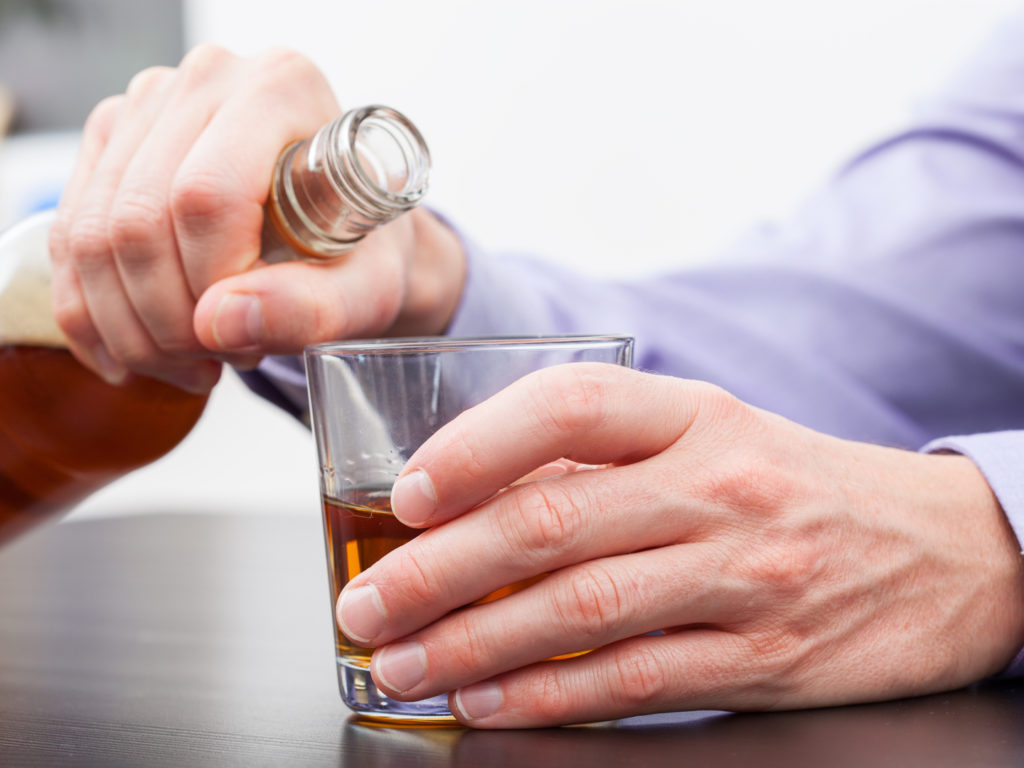
If the inspector illegally takes away the driver’s rights and draws up a protocol on the basis of which he deprives the person of a certificate, indicating that the cause is a state of intoxication, then you must immediately call the police. Since the survey was not carried out and the breathalyzer was not used, the traffic inspector simply does not have evidence that the driver is really drunk. The police officer should be told by telephone that the inspector’s actions are unlawful. All conversations are recorded, so they can be requested if the case reaches the court.
To prevent such violations on the part of the traffic police, it is important to have a good understanding of all the rights and obligations that they have. This will allow each person to protect their interests in a timely and competent manner.
Conclusion
Thus, testing for intoxication may be required in different cases. Most often it is carried out in relation to drivers or workers in specialized enterprises.
This study can only be performed by medical personnel with the necessary equipment. They should work exclusively in institutions licensed to take such tests. Examination involves the use of a breathalyzer, as well as a urine and blood test. If there are doubts about the reliability of the results, they can be challenged.
